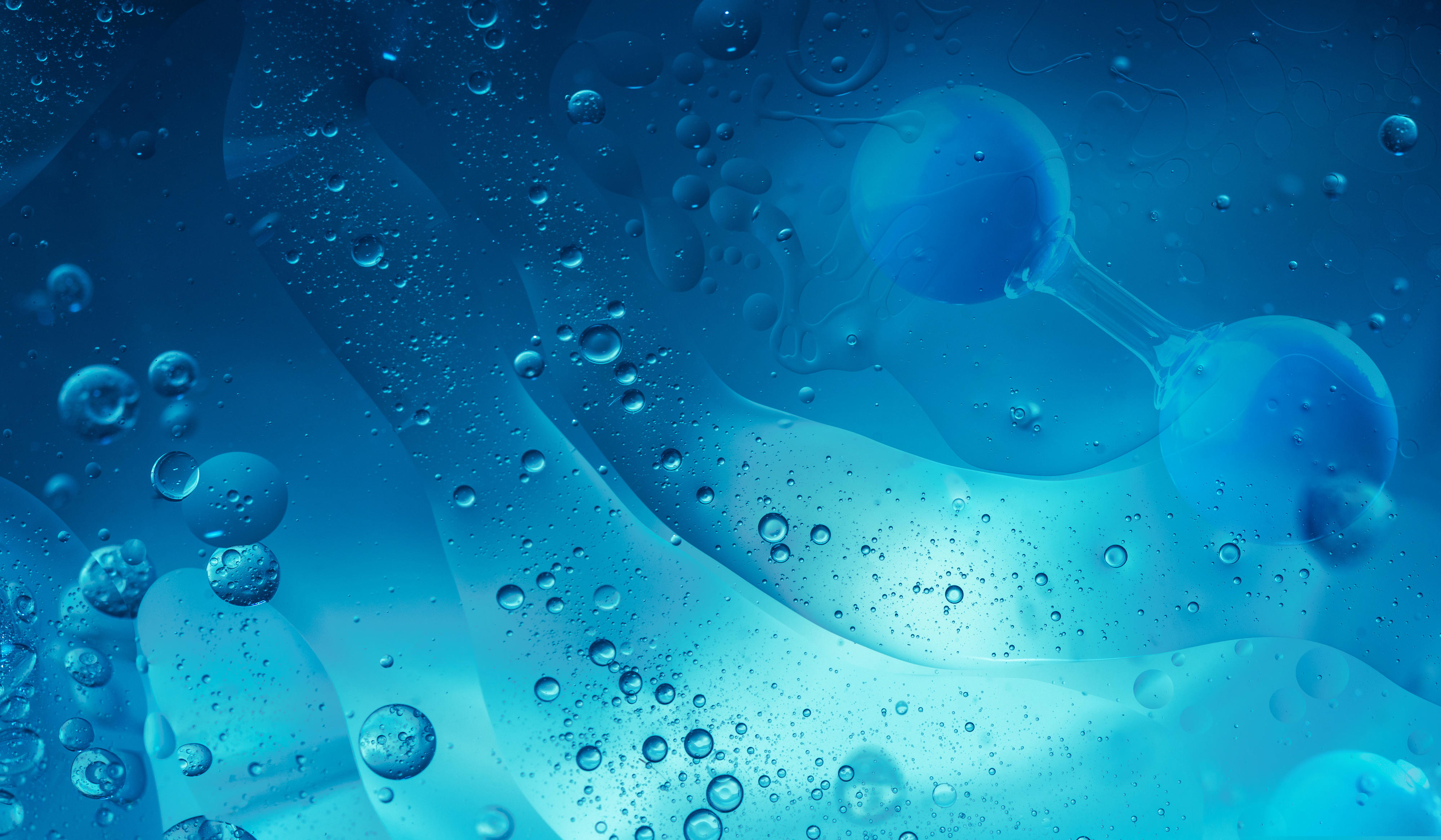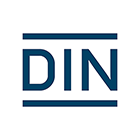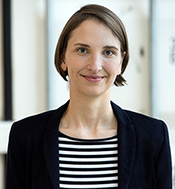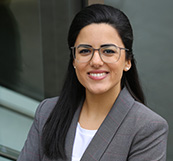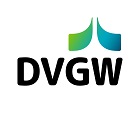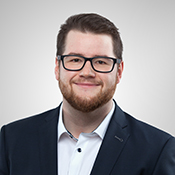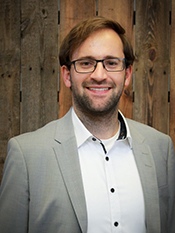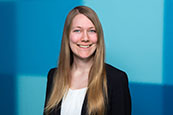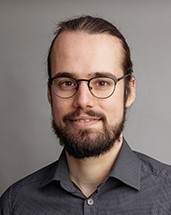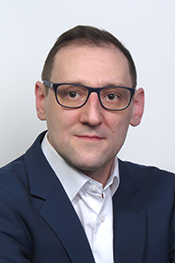Project partners of the collaborative project "Standardization roadmap for hydrogen technologies"
Partner | Contact and further information |
|---|---|
Partner German Institute for Standardization (DIN) The German Institute for Standardization (DIN) is the independent platform for standardization in Germany and worldwide. Together with industry, science, the public sector and civil society, DIN makes a significant contribution to opening up future fields. As a co-creator of the digital and green transformation, DIN makes an important contribution to solving current challenges and enables new technologies, products and processes to establish themselves on the market and in society.
| Contact and further information Dr. Lydia Vogt
|
Partner DKE German Commission for Electrical, Electronic & Information Technologies The DKE German Commission for Electrical, Electronic & Information Technologies in DIN and VDE (VDE DKE), which is supported by the VDE, is the platform for around 9000 experts from industry, science and administration for the development of standards and safety regulations for electrical engineering, electronics and information technology. Standards support global trade and serve, i.a., the safety, interoperability and functionality of products and systems. As a competence center for electrotechnical standardization, DKE represents the interests of German industry in European (CENELEC, ETSI) and international standards organizations (IEC). In addition, the DKE provides comprehensive services related to standardization and the VDE body of regulations.
| Contact and further information Irem Alcioglu
|
Partner Deutscher Verein des Gas- und Wasserfaches e.V. (DVGW) DVGW promotes the gas and water industry with a focus on safety, hygiene and environmental protection. With its more than 13,600 members, DVGW develops the generally recognized rules of technology for gas and water. Climate-neutral gases and in particular hydrogen, the energy carrier of the future, are of particular importance in the work of the DVGW. The association initiates and promotes research projects and provides training on the entire range of gas and water topics. It also maintains a testing and certification system for products, people and companies. The technical rules of the DVGW form the foundation for the technical self-administration and self-responsibility of the gas and water industry in Germany. They are the guarantee for a safe gas and water supply at the highest international standard. The non-profit association was founded in Frankfurt am Main in 1859. DVGW is economically independent and politically neutral. With nine regional groups and 62 district groups, DVGW operates at the local as well as the supraregional level and is represented throughout the Federal Republic. Topics with a nationwide or European dimension are covered by the head office in Bonn with offices in Berlin and Brussels.
| Contact and further information Dennis Klein
|
Partner Verein für die Normung und Weiterentwicklung des Bahnwesens e.V. The purpose of the Verein für die Normung und Weiterentwicklung des Bahnwesens NWB e.V. (Association for the Standardization and Development of Railways) is to create a financial and organizational framework to promote in particular standardization and further development for track and rail vehicles as well as ropeways, while safeguarding the public interest and ensuring orderly and transparent procedures. It provides the organizational and financial support for the DIN-Normenausschuss Fahrweg und Schienenfahrzeuge (FSF) (Secretariat Railway Applications). Furthermore, the NWB represents a coordination platform for related topics in the field of regulation for railway applications at national, European and international level.
| Contact and further information Dennis Holzhauer
|
Partner Verband der Automobilindustrie e. V. (VDA e. V.) The German Association of the Automotive Industry (VDA) unites more than 650 manufacturers and suppliers under one roof. Its members develop and produce cars and trucks, software, trailers, bodies, buses, parts and accessories, and ever new mobility offerings. We represent the interests of the automotive industry and stand for modern, future-oriented multimodal mobility on the way to climate neutrality. The VDA represents the interests of its members vis-à-vis politicians, the media and social groups. We work for electromobility, climate-neutral drive systems, the implementation of climate targets, securing raw materials, digitalization and networking, as well as German engineering. In doing so, we advocate for a competitive business and innovation location. Our industry secures prosperity in Germany: More than 780,000 people are directly employed in the German automotive industry. The VDA is the organizer of the largest international mobility platform IAA MOBILITY and the IAA TRANSPORTATION, the world's most important platform for the future of the commercial vehicle industry.
| Contact and further information Daniel Pacner
|
Partner Verein Deutscher Ingenieure e.V. For more than 165 years, VDI has been providing important impetus for technical progress. With its unique community and enormous diversity, it is a shaper, knowledge multiplier, third-largest technical standardization body and mediator between technology and science, business and politics. It motivates people to push the boundaries of what is possible, sets standards for sustainable innovation, and makes an important contribution to securing progress and prosperity in Germany. VDI shapes the world of tomorrow - as an interface between engineers, science, business, politics and society. In its unique multidisciplinary network with more than 135,000 members, the VDI pools the knowledge and skills needed to shape the path to the future.
| Contact and further information Hanna Seefeldt
Kevin Hares
|
Partner Verband Deutscher Maschinen- und Anlagenbau e. V. (VDMA) With more than 3600 members, the VDMA is the largest network organization and an important voice for the mechanical engineering industry in Germany and Europe. The association represents the common economic, technical and scientific interests of this unique and diverse industry. Additionally, VDMA is the responsible body for finances, personnel and organisation of the Mechanical Engineering Standards Committee (NAM) within DIN. The Mechanical Engineering Standards Committee represents DIN in this subject area of responsibility with 27 fields of expertise in European standardization (CEN) as well as in international standardization (ISO).
| Contact and further information Blagoje Cirkovic
|
